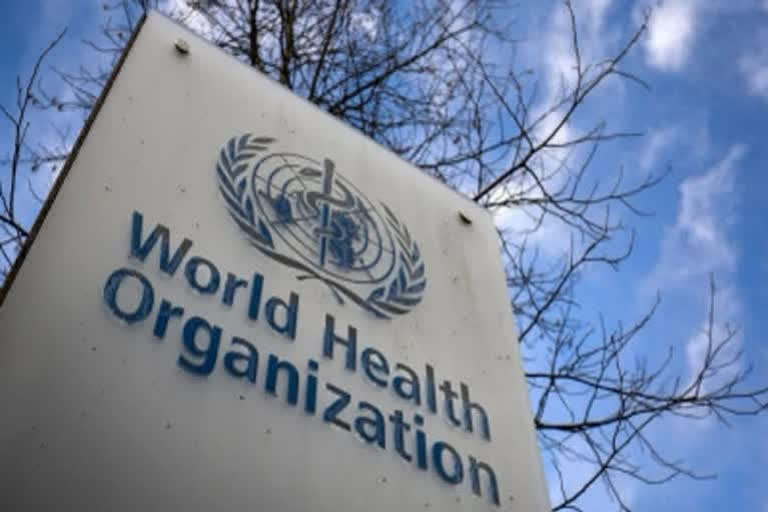Hyderabad: Guinea has announced that a case of the deadly Marburg virus has been detected, the first such in that country and in West Africa, the World Health Organisation (WHO) has said.
On August 6, the Ministry of Health of Guinea informed WHO of a confirmed case of Marburg virus disease (MVD) in Gueckedou Prefecture, Nzerekore Region, south-western Guinea. The village where the patient resided is near both Sierra Leone and Liberian borders. This is the first known case of Marburg virus disease in Guinea and in West Africa, according to a statement issued by the WHO.
Also read: Hepatitis B virus rampant in South East Asia Region
The case, a male, had onset of symptoms on July 25. On August 1, he attended a small health facility near his village with symptoms of fever, headache, fatigue, abdominal pain, and gingival hemorrhage. A rapid diagnostic test for malaria was performed which was negative. The patient received supportive care with rehydration, parenteral antibiotics and treatment to manage symptoms.
However, on August 2, he died in the community and an alert was raised by the sub-prefecture public healthcare facility to the prefectorial department of health in Guéckédou.
Following the alert, an investigation team comprising national authorities and WHO experts was deployed to conduct an in-depth investigation.
“The team collected a postmortem oral swab sample, which was sent the same day to the viral haemorrhagic fever reference laboratory in Gueckedou,” the WHO statement said. “On August 3, a real-time PCR was conducted which confirmed the sample was positive for Marburg virus disease and negative for Ebola virus disease. On August 5, the National Reference Laboratory in Conakry (capital of Guinea) provided confirmation by real-time PCR of the positive Marburg result and on August 9, Institut Pasteur Dakar in Senegal provided reconfirmation that the result was positive for Marburg virus disease and negative for Ebola virus disease.”
Also read: WHO chief says it was ''premature'' to rule out COVID lab leak
Now, the Ministry of Health of Guinea, together with WHO, US Centers for Disease Control and Prevention, the Alliance for International Medical Action, Red Cross, UNICEF, The International Organization for Migration and other partners, have initiated measures to control the outbreak and prevent further spread.
Contact tracing is ongoing, along with active case searching in health facilities and at the community level, according to the WHO statement. Three family members and a healthcare worker were identified as high-risk close contacts and their health is being monitored.
MVD is a highly virulent, epidemic-prone disease associated with high case fatality rates, according to the WHO statement .
“In the early course of the disease, clinical diagnosis of MVD is difficult to distinguish from other tropical febrile illnesses, because of the similarities in the clinical symptoms. Differential diagnoses to be excluded include, Ebola virus disease, as well as malaria, typhoid fever, leptospirosis, rickettsial infection, and plague,” it stated. “MVD is transmitted by direct contact with the blood, bodily fluids and/or tissues of infected persons or wild animals (e.g. monkeys and fruit bats).”
Marburg virus was first detected in 1967 during a set of outbreaks in the German cities of Marburg and Frankfurt and in Belgrade, the capital of then Yugoslavia.
According to the WHO, other major MVD outbreaks occurred in South Africa (1975), Kenya (1980 and 1987), Democratic Republic of Congo (1998 to 2000), Angola (2005), the US (2008), the Netherlands (2008), and Uganda (2007, 2012, 2014 and 2017).



